Belize highlights efforts for sustainable agriculture at FAO’s Regional Conference
The 38th Regional Conference of the Food and Agriculture Organization of the United Nations (FAO) commenced earlier this week in Georgetown, Guyana, with the presence of Ministers and Vice Ministers from all the countries of Latin America and the Caribbean including Belize at the Arthur Chang Conference Centre. The President of Guyana, Mohamed Irfaan Ali, and the Director-General of FAO, QU Dongyu, inaugurated the meeting.
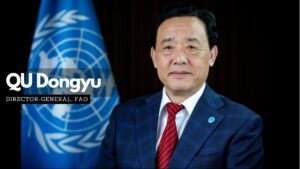
Director-General of FAO, QU Dongyu
“You have big potential to accelerate progress and to do even more with less within and outside your region,” said QU, noting the Region boasts a large share of the world’s biodiversity and water resources and accounts for 13 percent of global food production and 45 percent of net international trade in agrifood products. He also noted that, although the Region is a net food exporter, the reliance on commodity imports and exports exposes its agrifood systems to macroeconomic volatility, global geopolitical instability, and climate change, which in turn negatively impact food prices and incomes and lead to unfavorable food security and nutrition outcomes.
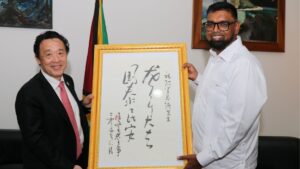
FAO Director-General QU Dongyu and Mohamed Irfaan Ali, President of Guyana
Mohamed Irfaan Ali, President of Guyana, said that creating resilient and climate-protected agrifood systems is an imperative task going forward, and “decision making must be data driven as far as possible,” he said. He also called for a greater focus on nutrition, calling for a shift “back to the bowl from the box.”
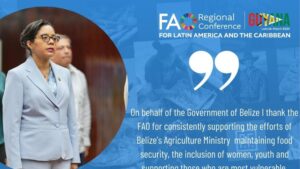
High Commissioner of Belize to the Cooperative Republic of Guyana, Gale Miller Garnett
During Day One of the Ministerial Session, High Commissioner of Belize to the Cooperative Republic of Guyana, Gale Miller Garnett, shared the impact of FAO and the Government of Belize’s collaboration to advance sustainable agriculture. “FAO in collaboration with the Ministry of Agriculture, Food Security, and Enterprise has been working on the development a seed policy, an agriculture sector policy strategy and Digital Village to ensure greater linkages to bridge the gap between the tourism market and digital extension program. The digital extension program is what we have benefitted from with partnership with FAO. So this is all being done while enhancing the dynamism and efficiency of our human resources in Belize.”
The High Commissioner further outlined key priorities for the Belize in ensuring sustainable livelihood for local farmers and entrepreneurs. “Our Ministry continues to work with farmers, family farmers and agriculture cooperatives to improve their conditions by introducing contract farming terms and will meanwhile look at new opportunities which are being constantly explored in research, production, manufacturing and value addition.”
A core part of the intervention spotlighted Belize’s current efforts to expand export markets as well strengthen regional and international trade relations.
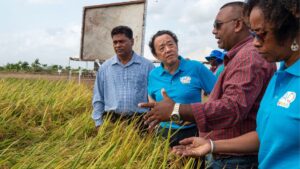
QU Dongyu explored to the Burma Rice Station. FAO Caribbean-X
“The FAO and Japan Government continue to support value chain addition of locally produced commodities in Belize. The Government of Belize also supports the exportation of excess food from Belize such as live cattle and poultry to neighbouring countries. This provides food security to our neighbours and foreign exchange to our country. Trade ties with Mexico and Guatemala have been strengthened to facilitate trade of agriculture goods as well as for investment programmes with Mexico and CARICOM to increase the production of basic foods and grains such as corns and soya beans”, said the High Commissioner to Guyana.
Miller Garnett reinforced Belize’s commitment to the Mesoamerica sin Hambre, a South-South Cooperation initiative that aims to support healthy diets, nutrition, education, school meal programmes. According to the High Commissioner, the “family farming and school garden concept has taken root in most of the rural areas in Belize.”





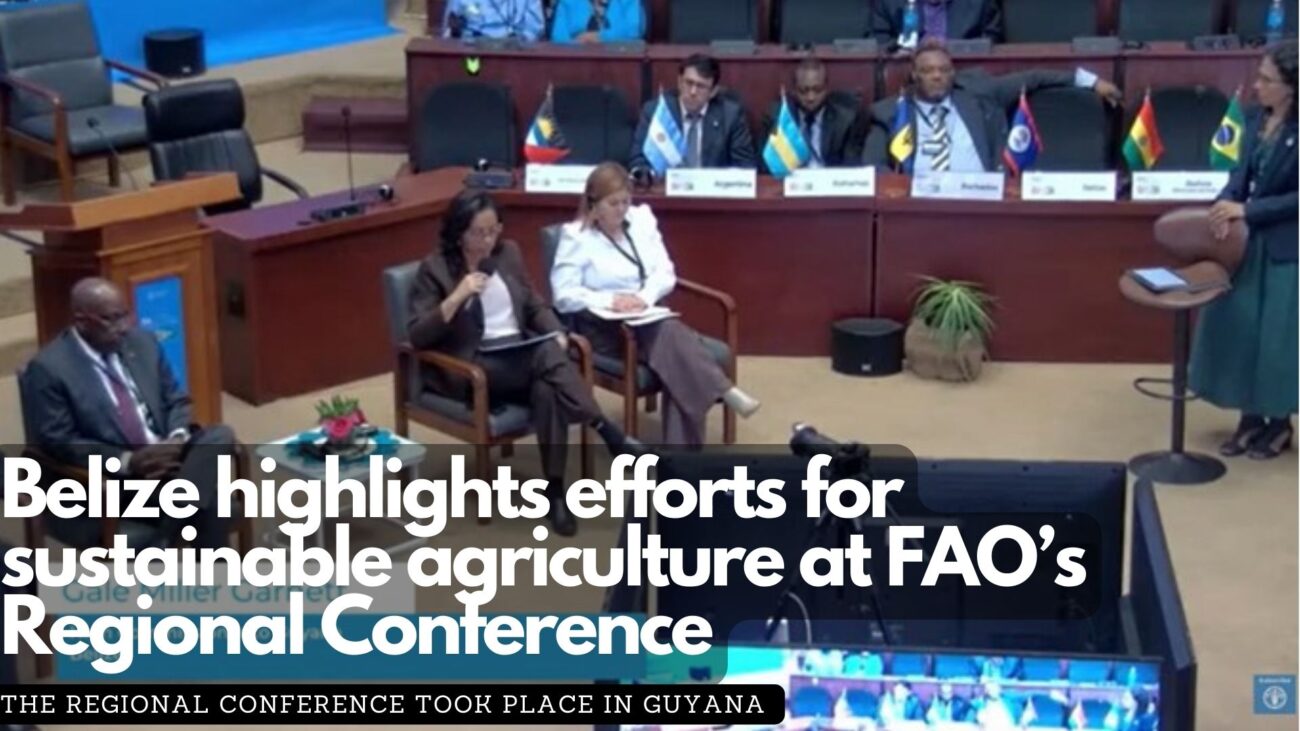
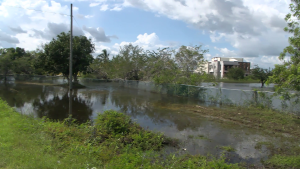
Facebook Comments